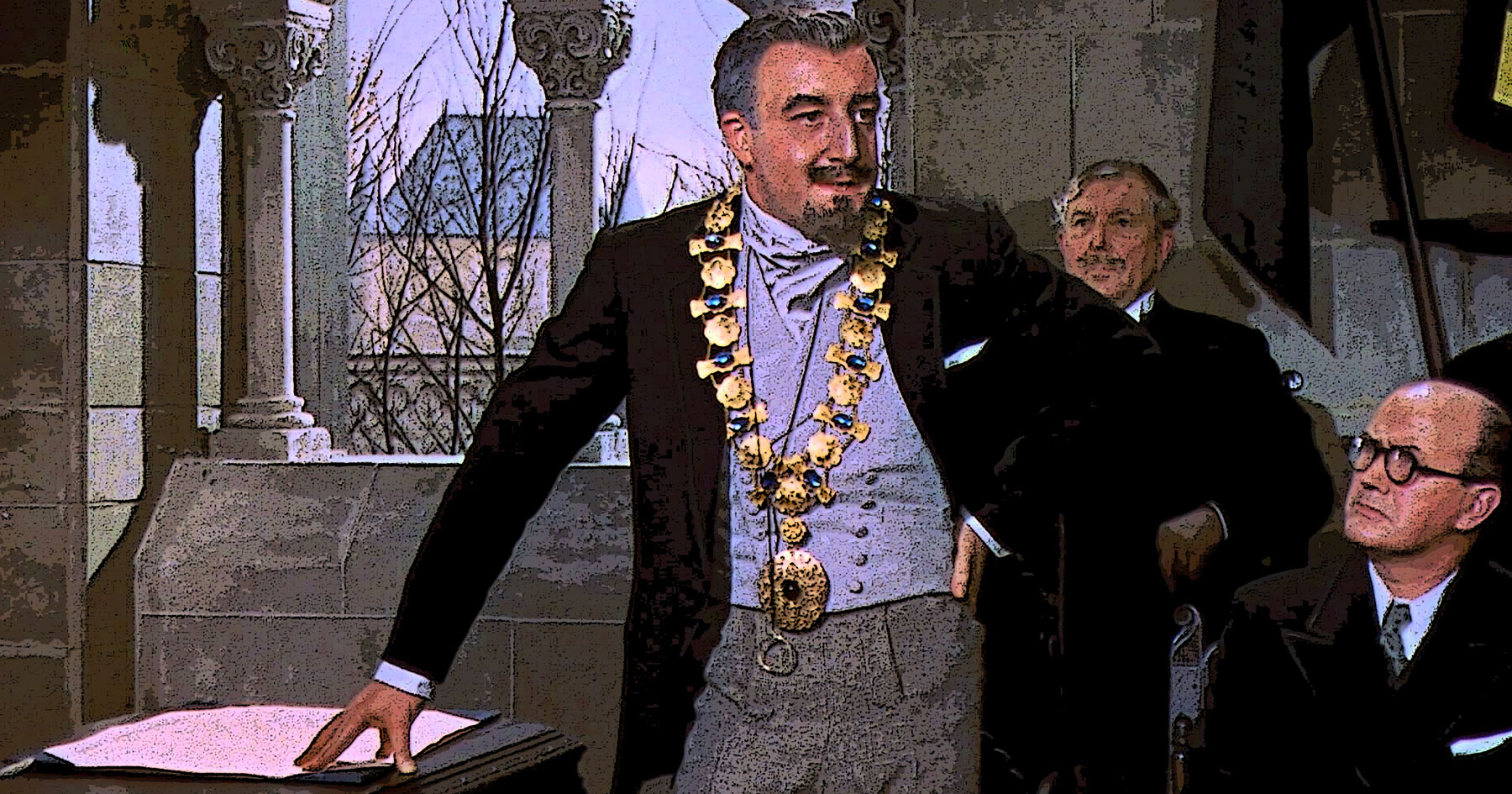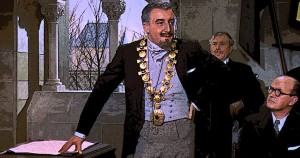“I need to pay higher taxes,” Bill Gates told CNN’s Fareed Zakaria on Sunday.
He was making a case against Republican tax cuts, but his actual argument? Insignificant. It’s just another unlearned, narrow-perspective “growing inequality” farrago. But his conclusion intrigues … as a man-bites-dog story, because people have this goofy idea that rich people are somehow against government and for reduced taxes.
They aren’t. Not even most of the richest.
“I’ve paid more taxes, over $10 billion, than anyone else,” says the man worth $90 billion, “but the government should require the people in my position to pay significantly higher taxes.”
Why? To spend his money better than he could?
Were all the wealth of America’s billionaires confiscated whole and that sum would actually pay off the federal debt (which I doubt), what do you think Washington politicians would do? Go on the straight and narrow and never over-spend again?
No. Politicians would take the new influx of funds as a signal to go on an even bigger spending binge.
But what about his mere income tax increase notion? What then? As sure as the Blue Screen of Death it would be applied down to millionaires, too. And then rates for less-than-millionaires would likely go up. We have a history with this. And what would that do?
It would hit up-and-coming entrepreneurs the hardest. It would nip Bill Gates’s company’s competition in the bud.
But surely Gates wouldn’t be mercenary in his theatrical play for media adoration, would he?
Not Saint Bill!
This is Common Sense. I’m Paul Jacob.



